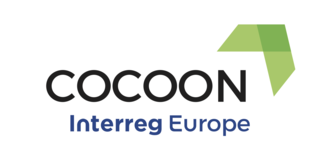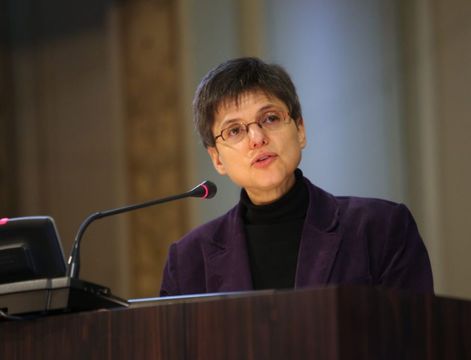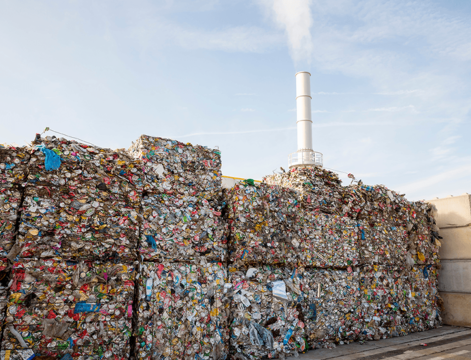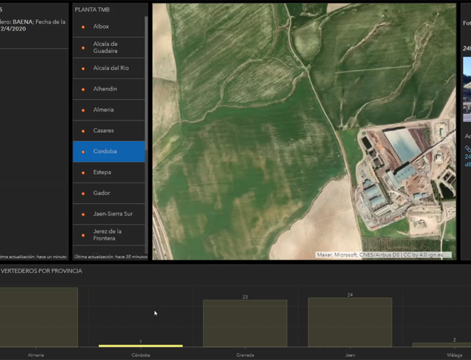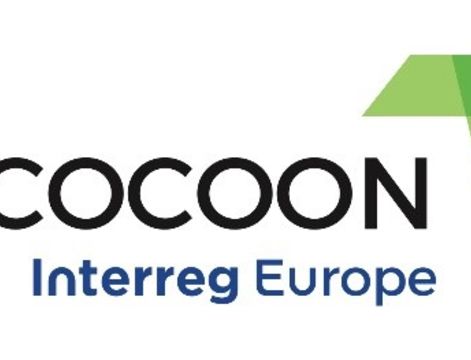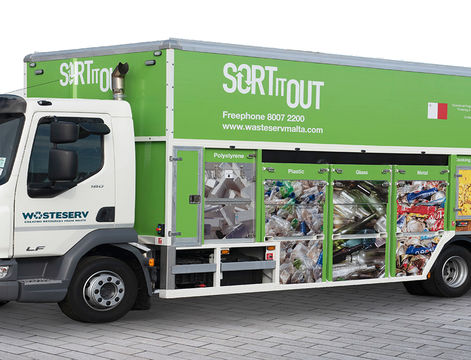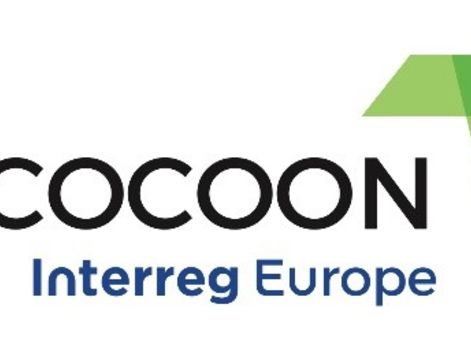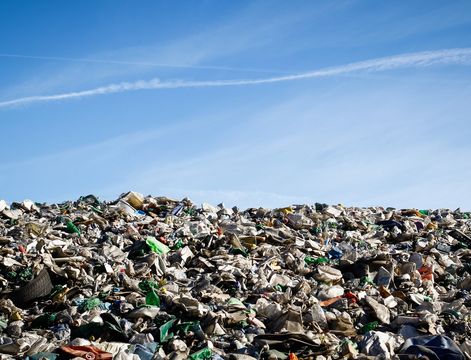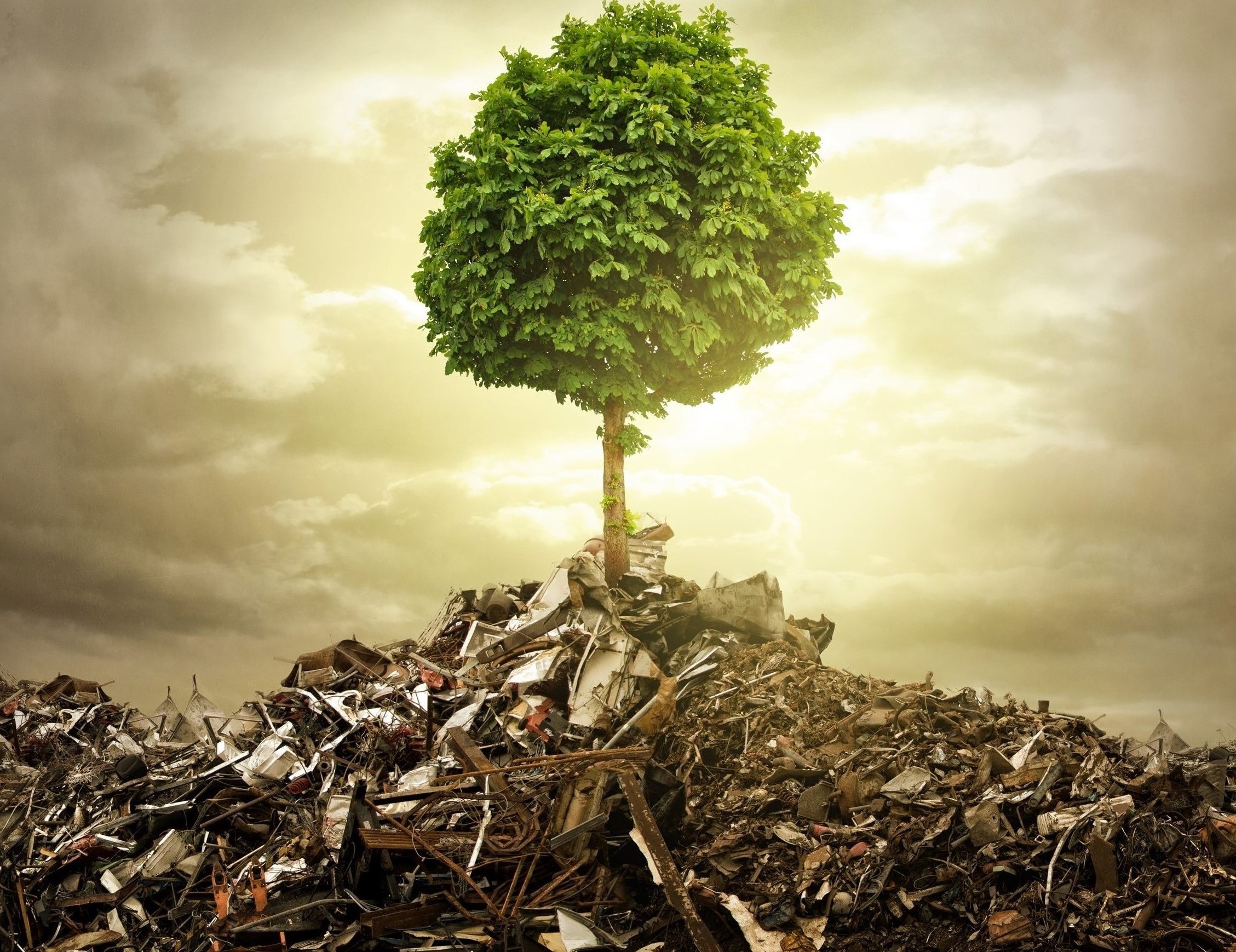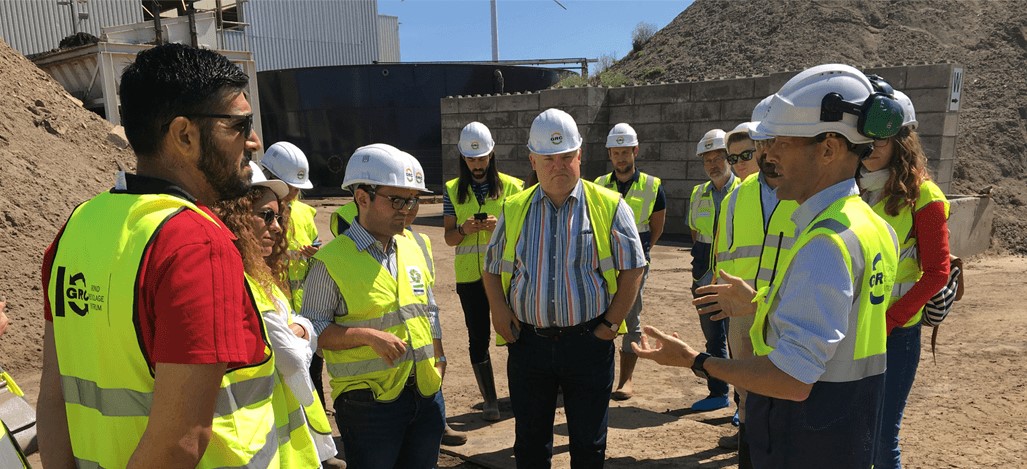Prof Julia Gebert (TU Delft, The Netherlands) presented on biological passive weak gas degradation in methane oxidation systems.
In these systems, ubiquitous bacteria oxidise the methane coming from the landfill to release carbon dioxide and water: CH4 + 2 O2 → CO2 + H2O + energy.
In this process, methanotrophic bacteria accumulate under conditions favourable for their growth (presence of methane and oxygen), there is no inoculation necessary, the requirements on environmental conditions (pH, nutrients etc.) are relatively low and the re-activation after unfavourable conditions (e.g. desiccation, frost) is fast.
Different systems exist, catering to different landfill situations. Generally, methane oxidation filters, windows and covers are distinguished.
Successful operation of methane oxidation systems requires:
- Maximal spatial evenness of gas load, important to avoid preferential pathways. here, the difference in permeability between gas distribution and methane oxidation layers is of high importance.
- Adequate supply of O2, governed by the soils effective diffusivity.
- A suitable physicochemical environment of high structural stability. The particle size distribution and compaction of the soil govern diffusive oxygen uptake and thereby control the process.
- Adaptation of the dimensions of the system to the load. The methane oxidation potential can be determined by the Methane Oxidation Tool (MOT).
When these parameters are taken into consideration, biological methane oxidation is a robust technology for weak gas treatment and can be successfully applied to large scale systems.
Want to know more? Find the presentation here.
